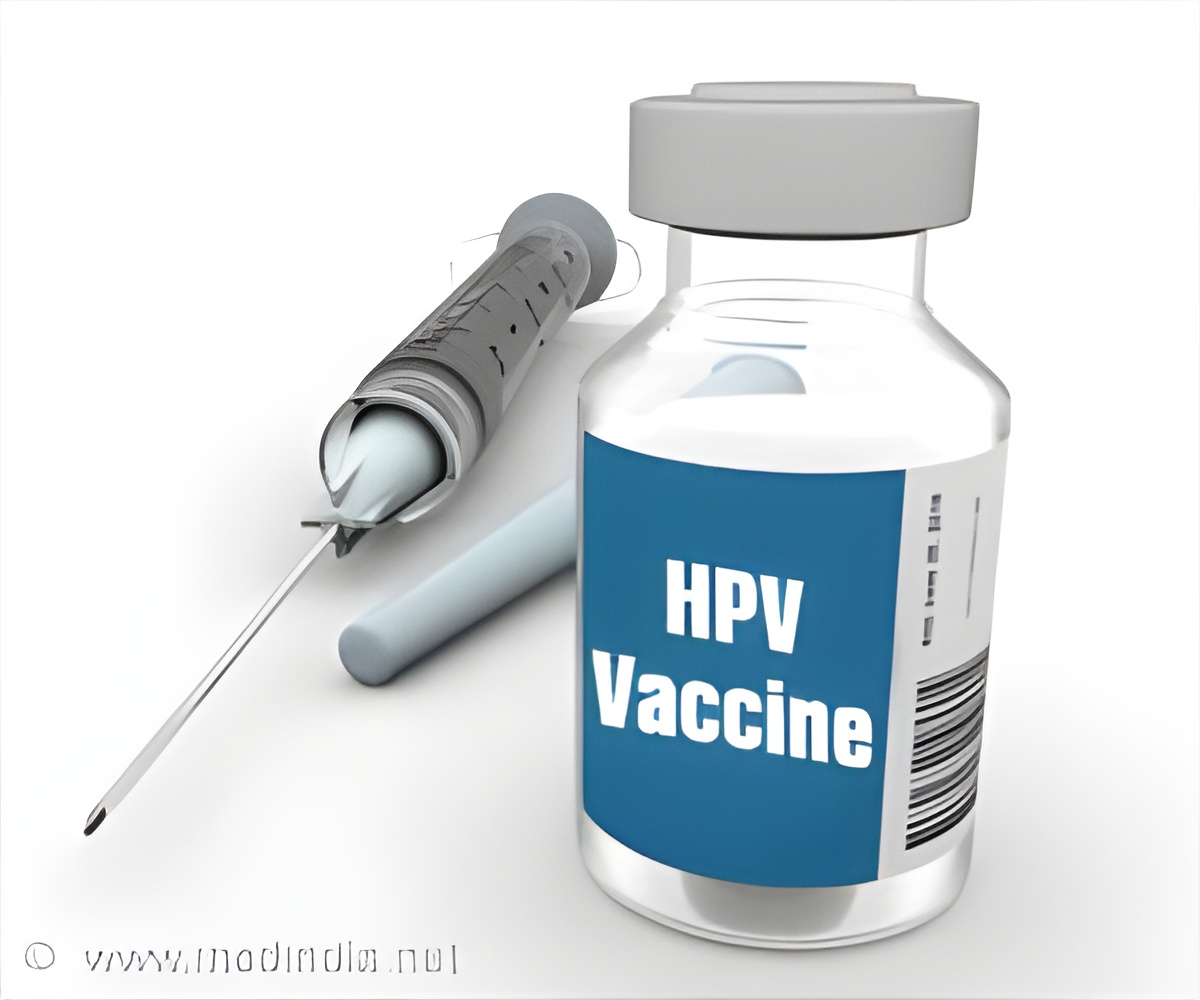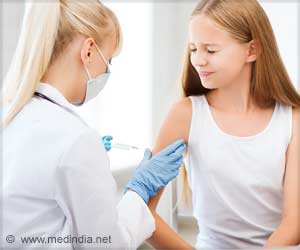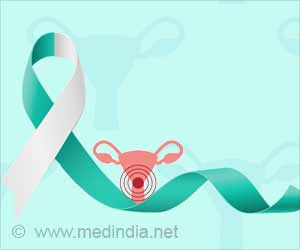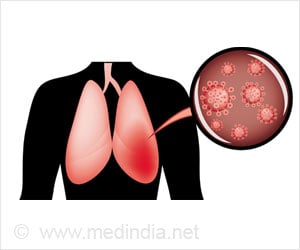Many young cancer survivors avoid human papillomavirus vaccination (HPV) due to certain vaccine-related concerns that should be addressed by healthcare providers.

Human Papillomavirus Vaccination for Young Survivors of Cancer: Know the Importance
Researchers analyzed data from an open-label clinical trial of the HPV vaccine among cancer survivors who were 9–26 years old and 1–5 years from the completion of their cancer treatment.‘Incorporating messages that address common concerns, healthcare providers may feel confident when recommending the HPV vaccine to cancer survivors.’





Survivors (or their parents) who declined participation in the trial were asked their reasons for declining. Among 301 survivors who declined participation in the clinical trial, 215 (71.4%) did so for reasons related to the HPV vaccine.Some of these reasons were similar to those reported in the general population, including concerns about vaccine safety (such as “hearing bad things about the vaccine”), importance (such as viewing the vaccine as “unnecessary”), and timing (such as parents preferring to wait to vaccinate until their child is older).
Some survivors also expressed issues specific to cancer survivorship, including preoccupation with health conditions related to their previous cancer treatment, concerns that they had already been through so much and wished to avoid further medical interventions, and guidance from a healthcare provider to delay or decline the vaccine because of all the treatment they had.
Findings from this study may help health care providers—both oncologists and primary care clinicians—address many of the concerns that patients and their families have about HPV vaccination.
The HPV vaccine is an important tool for cancer prevention, particularly for the vulnerable population of cancer survivors. By incorporating messages that address common concerns, healthcare providers may feel more prepared and confident when recommending the HPV vaccine to survivors in their practice.
Advertisement
Source-Eurekalert















